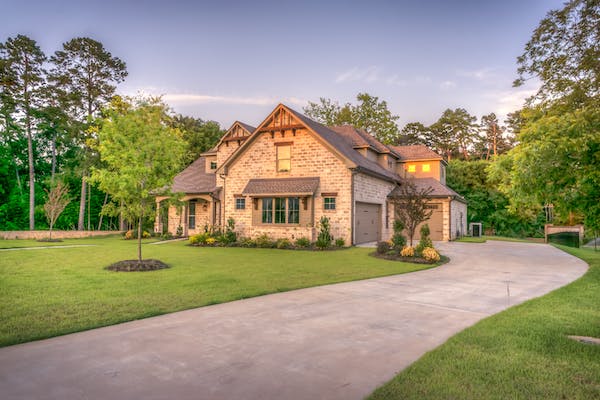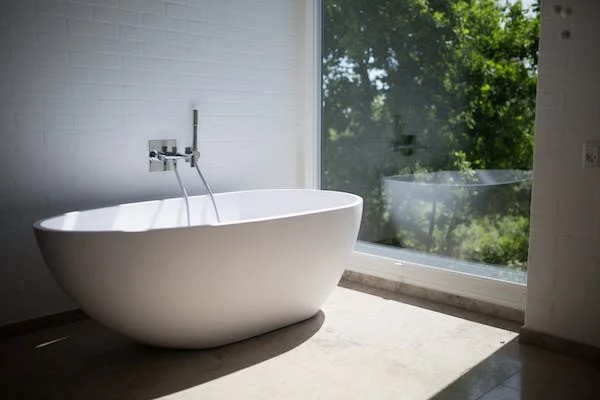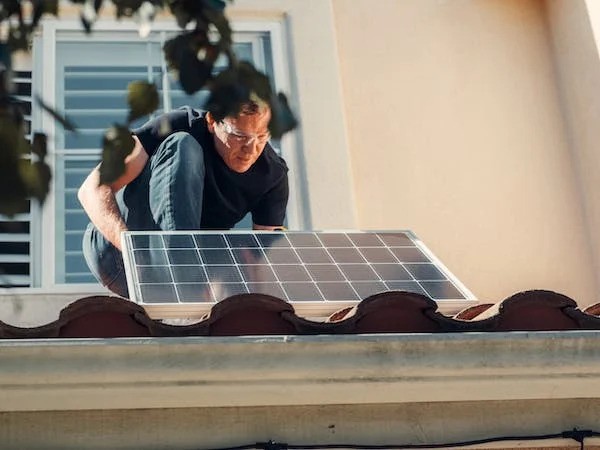Embarking on the journey to construct an eco-friendly home represents a conscientious and sustainable choice, not merely for personal well-being but as a collective effort towards mitigating the environmental challenges the world faces today. In this comprehensive guide, we will delve deeply into the multifaceted aspects of building an eco home, a process that extends beyond mere construction techniques and encapsulates a holistic approach towards sustainability. By understanding the intricate interplay between design, materials, and technologies, individuals can not only reduce their ecological footprint but also contribute positively to the overarching goal of fostering a healthier planet for future generations.
Site Selection: Choosing the Right Location

The foundational step in the construction of an eco-home lies in the meticulous selection of an appropriate site that harmonizes with nature. Beyond mere aesthetics, this entails a careful consideration of the geographical and climatic factors that can significantly impact the energy efficiency of the dwelling. Optimal exposure to natural resources such as sunlight and wind becomes a pivotal criterion, ensuring that the architectural layout synergizes with the environment to create a space that not only minimizes energy consumption but also maximizes the potential for sustainable living.
Energy-Efficient Design: Form Follows Function

Designing an energy-efficient home is a nuanced endeavor that necessitates an in-depth exploration of architectural principles. The mantra of ‘form follows function’ takes on heightened importance as every element of the design plays a role in optimizing natural light penetration, airflow, and overall energy efficiency. The incorporation of passive solar design principles becomes instrumental, orchestrating a delicate balance that ensures the home harnesses the sun’s warmth during winter while strategically shielding itself from its intensity during the scorching summer months.
High-Quality Insulation: Maintaining Comfort and Efficiency

A cornerstone of creating an energy-efficient and sustainable living space lies in the meticulous consideration of insulation. The judicious choice of insulation materials with high thermal resistance becomes instrumental in regulating indoor temperatures, thereby reducing the need for excessive heating or cooling. Beyond mere functionality, the quality of insulation directly correlates with energy efficiency, comfort, and the overall longevity of the eco home.
Sustainable Materials: Choosing Wisely
At the heart of eco-conscious construction lies the judicious selection of building materials, a choice that resonates far beyond the construction phase. Opting for materials with low environmental impact becomes imperative, and this involves a discerning evaluation of options such as recycled or reclaimed wood, bamboo, and other renewable resources. Steering clear of materials with high embodied energy, which contribute significantly to pollution during production, becomes a conscientious step towards minimizing the ecological ramifications of the construction process.
Water Conservation: Smart Plumbing Choices

Efficient water usage represents a critical facet of sustainable construction, and this emphasis extends to the implementation of intelligent plumbing choices. The installation of water-saving fixtures, such as low-flow toilets and faucets, serves as a practical solution to curbing unnecessary water wastage. Furthermore, the incorporation of rainwater harvesting systems emerges as a strategic measure, allowing for the collection and reuse of rainwater for purposes such as irrigation, thereby mitigating dependence on traditional water sources and contributing to overall water conservation efforts.
Renewable Energy Systems: Harnessing Nature’s Power
Elevating the eco home to a new echelon of sustainability involves the integration of renewable energy sources as primary power providers. Whether it be the installation of solar panels that harness the sun’s inexhaustible energy or wind turbines that tap into the kinetic power of the air, the adoption of such technologies not only reduces reliance on conventional energy grids but also encapsulates a forward-thinking investment yielding long-term cost savings while concurrently minimizing the environmental impact associated with traditional energy sources.
Monitoring and Maintenance: Ensuring Long-Term Sustainability

Regular monitoring and meticulous maintenance emerge as indispensable components of a long-term commitment to environmental responsibility. Conducting periodic energy audits, vigilantly checking for water leaks, and staying abreast of advancements in green technologies become integral aspects of ensuring that the eco home continues to evolve in its quest for efficiency, sustainability, and a positive impact on the environment. The same goes for your financial considerations too – you have to make sure that you’re always certain that you’re not wasting money on anything unimportant. Even if you end up paying for insurance you don’t need, don’t worry, because you can always check out the useful get my refund system that will help you get your money back, but keep monitoring these things in the future too.
Waste Management: Reduce, Reuse, Recycle
The commitment to sustainability in eco-home construction extends beyond the construction site to encompass a robust waste management plan. A conscientious approach involves not only minimizing waste generation but also actively engaging in practices that contribute to the principles of ‘reduce, reuse, and recycle.’ This necessitates a comprehensive strategy that encompasses the responsible disposal of construction debris, the reuse of materials wherever possible, and the implementation of composting systems to manage organic waste, thereby contributing to the establishment of a closed-loop system that aligns with sustainable living practices.
Energy-Efficient Appliances: Smart Choices for a Greener Home
In the pursuit of a greener and more sustainable lifestyle, the selection of energy-efficient appliances becomes a pivotal consideration. The conscientious consumer looks beyond mere functionality and embraces appliances with high Energy Star ratings, indicative of superior energy efficiency and a reduced environmental impact. This choice not only aligns with the overarching goal of minimizing energy consumption but also translates into tangible long-term cost savings, reflecting a judicious investment in technologies that echo the ethos of sustainability.
The construction of an eco home is not merely a project; it is a transformative journey that encompasses a myriad of considerations and decisions, each contributing to the creation of a dwelling that stands as a testament to environmental responsibility. In the culmination of this comprehensive guide, we find that building an eco-home is a multifaceted endeavor that demands a holistic approach. Beyond the bricks and mortar lies a commitment to fostering a healthier planet, a dedication to conscious living, and an investment in a sustainable future. By embracing eco-friendly practices in home construction, individuals become architects of positive change, weaving their homes into the fabric of a more sustainable and harmonious world.
